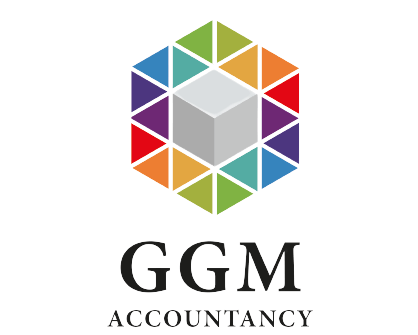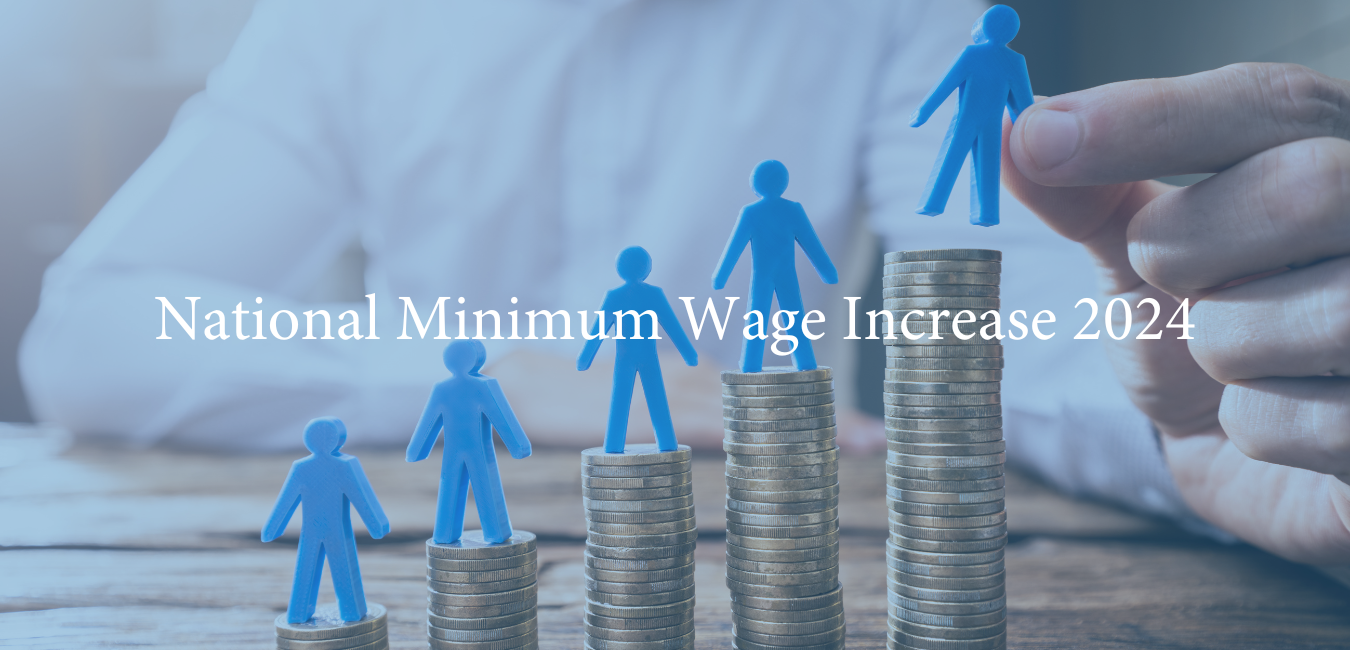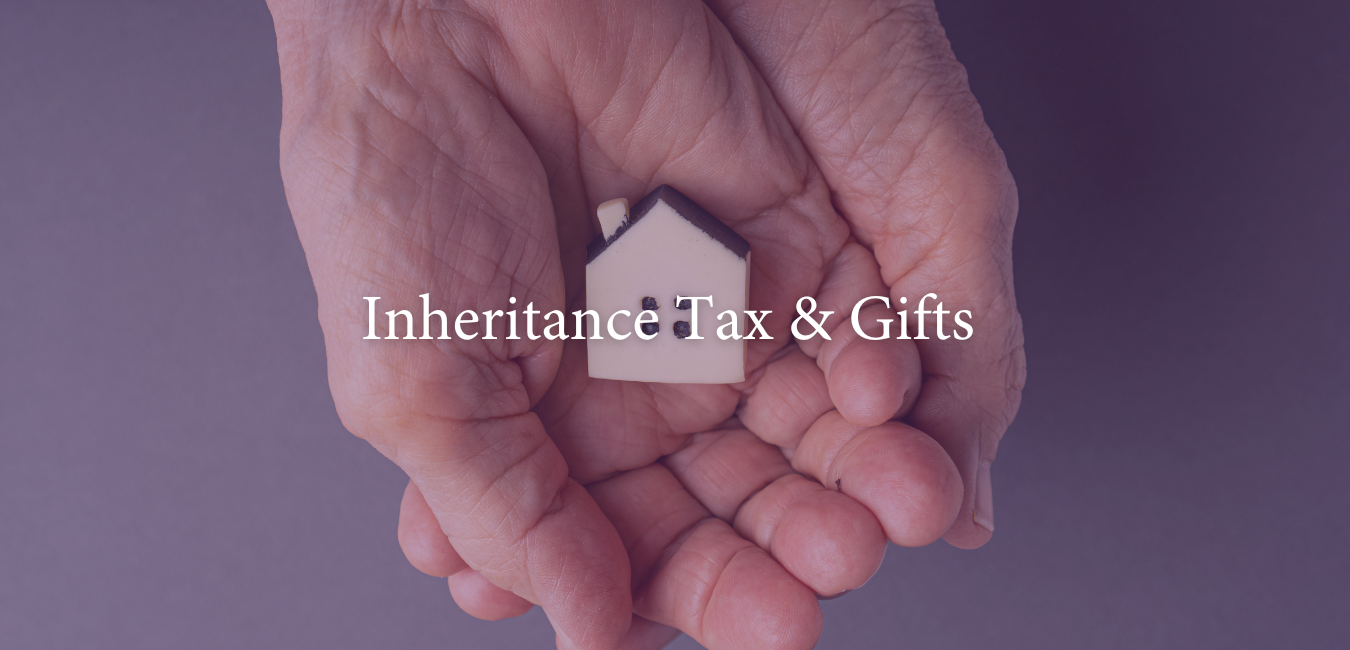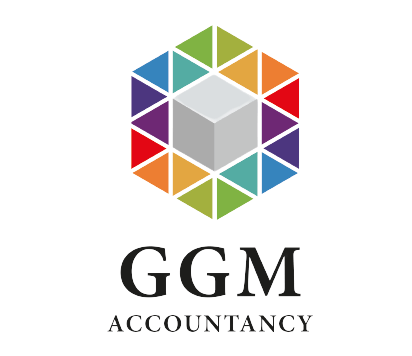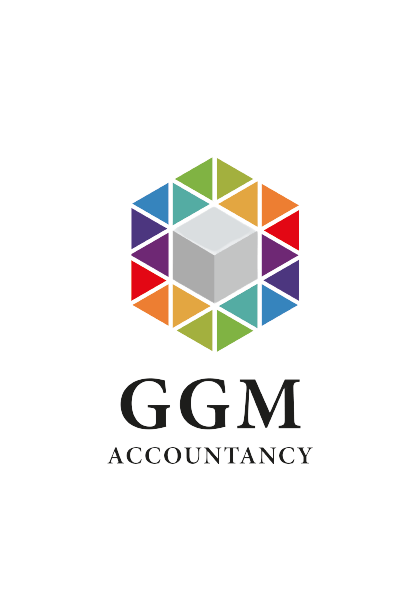The Self Assessment Countdown Begins
The Self Assessment Countdown Begins
The annual rush countdown for self-assessment tax returns is now underway. Filing early comes with a number of benefits including the budgeting payments and receiving repayments sooner.
Here, we take a look what taxpayers can do to prepare for the self-assessment process.
The countdown
Self-assessment taxpayers have until 31 January 2023 to submit their online return for the 2021/22 tax year.
According to HMRC, more than 66,000 taxpayers beat the clock and filed their tax return on 6 April – the first day of the new tax year.
HMRC is now encouraging others to complete their return as soon as they can, so they know what they owe and can budget to make the payment by 31 January 2023. This also means that if a repayment is due, it can be claimed back sooner.
The self-assessment cycle
Under the self-assessment regime an individual is responsible for ensuring that their tax liability is calculated, and any tax owing is paid on time.
Tax returns are issued shortly after the end of the fiscal year. The fiscal year runs from 6 April to the following 5 April. Tax returns are issued to all those whom HMRC are aware need a return including all those who are self-employed or company directors. Those individuals who complete returns online are sent a notice advising them that a tax return is due. If a taxpayer is not issued with a tax return but has tax due they should notify HMRC who may then issue a return.
Late filing penalties
For those that fail to file their returns on time there is an automatic £100 penalty (even if there is no tax to pay or the tax due has already been paid).
The full penalty of £100 will always be due if your return is filed late even if there is no tax outstanding.
Additional penalties can be charged as follows:
- over three months late – a £10 daily penalty up to a maximum of £900
- over six months late – an additional £300 or 5% of the tax due if higher
- over 12 months late – a further £300 or a further 5% of the tax due if higher. In particularly serious cases there is a penalty of up to 100% of the tax due.
Calculating your tax liability
Whether you or HMRC calculate the tax liability there will be only one assessment covering all your tax liabilities for the tax year.
Changes to the tax return
HMRC may correct a self-assessment within nine months of the return being filed in order to correct any obvious errors or mistakes in the return.
An individual may, by notice to HMRC, amend their self-assessment at any time within 12 months of the filing date.
Enquiries
HMRC may enquire into any return by giving written notice. In most cases the time limit for HMRC is within 12 months following the filing date.
The main purpose of an enquiry is to identify any errors on, or omissions from, a tax return which result in an understatement of tax due. Please note however that the opening of an enquiry does not mean that a return is incorrect.
If there is an enquiry, we will also receive a letter from HMRC which will detail the information regarded as necessary by them to check the return. If such an eventuality arises we will contact you to discuss the contents of the letter.
Keeping records
HMRC wants to ensure that underlying records to the return exist if they decide to enquire into the return.
Records are required of income, expenditure and reliefs claimed. For most types of income this means keeping the documentation given to the taxpayer by the person making the payment. If expenses are claimed records are required to support the claim.
You’ll need to keep records of:
- all sales and income
- all business expenses (office costs, travel costs, clothing expenses, staff costs, stock & materials, financial costs, costs of your business premises, advertising or marketing, training courses)
- VAT records if you’re registered for VAT
- PAYE records if you employ people
- records about your personal income (bank statements, savings, investments, pension contributions dividend vouchers, trust income, profits from life insurance policies, inheritance).
- your grants if you claimed through the Self-Employment Income Support Scheme (please note we have no way of knowing if you received SEISS payments, please include/ inform us of this when completing your self assessment).
We can help
Self-Assessment is a worry to many people, but we will help you with the completion of your returns and calculate your tax liability, or refund! We will liaise on your behalf directly with HM Revenue & Customs and make the process much less painful for you, ensuring all tax allowances and deductions are claimed.
Our Self-Assessment tax return service for individuals helps to ensure your tax return is completed in a timely and efficient way, whilst at the same time ensuring the right amount of tax is paid.
Menu
Get In Touch
Tel: 01733 247500
Email: admin@ggmaccountancy.co.uk
Office: Unit 12, Broadway Shopping Centre
Malting Square, Yaxley, Peterborough
PE7 3JJ
Sign Up To Our Newsletter
Contact Us
We will get back to you as soon as possible
Please try again later
Proud Partners Of
Menu
Get In Touch
Tel: 01733 247500
Email: admin@ggmaccountancy.co.uk
Office: 42 Tyndall Court, Commerce Road
Lynch Wood, Peterborough, PE2 6LR
Follow Us On Social Media
Sign Up To Our Newsletter
Contact Us
We will get back to you as soon as possible
Please try again later
All Rights Reserved | GGM Accountancy Ltd | Website designed by Onelink Media
